Gain real-world experience in UNCP's Clinical Learning Center (CLC). This 14,500-square-foot facility has seven labs for you to learn in. Each one is state-of-the-art and designed to replicate real-life settings and challenges you'll face in the field. Get experience in everything from advanced care to maternal/child care. With the latest technology and hands-on simulations, the CLC helps you build confidence to care for patients of all ages.
The McKenzie-Elliott School of Nursing
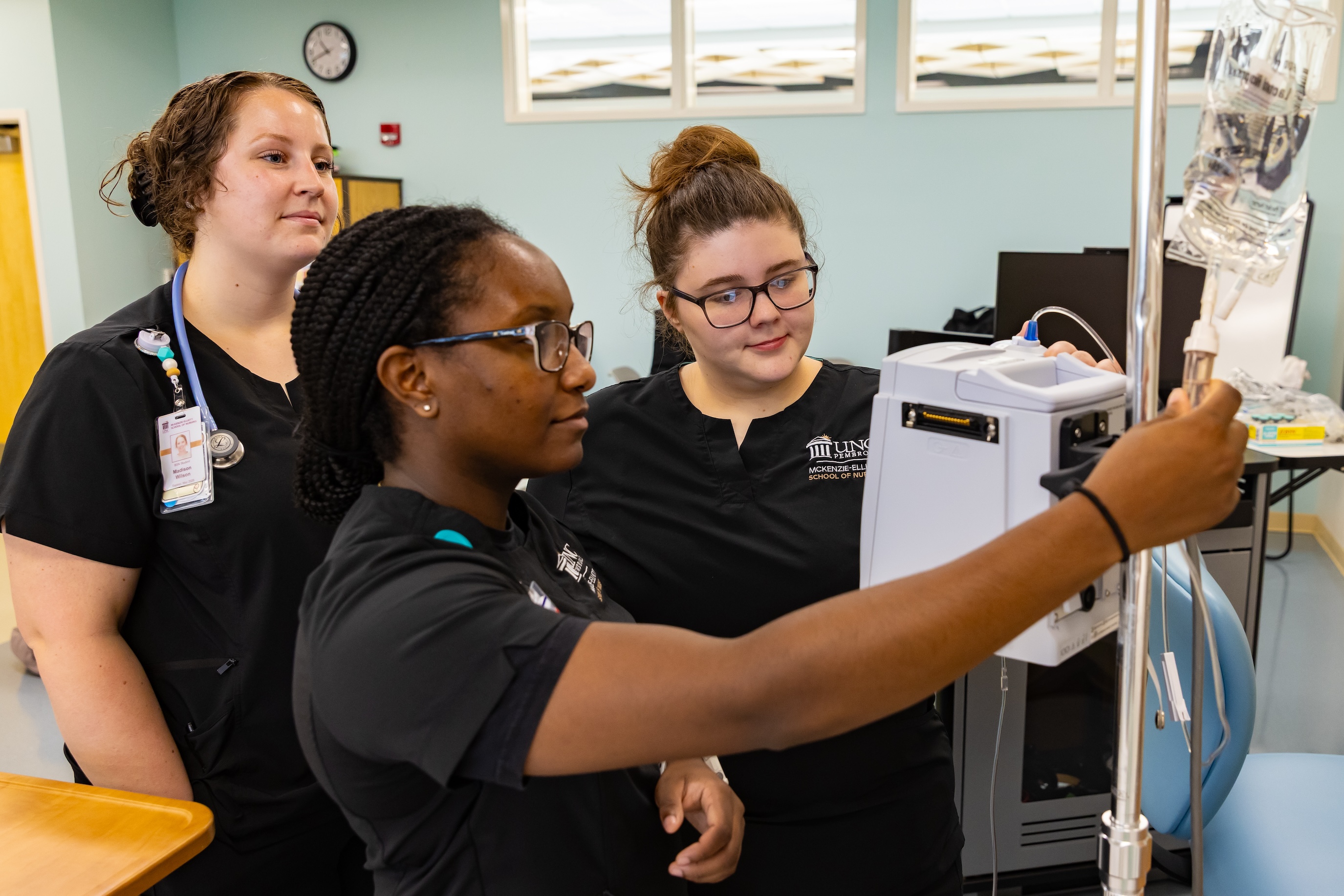
At the McKenzie-Elliott School of Nursing, we prepare compassionate, culturally aware professionals to lead in today's evolving healthcare landscape. Our programs blend academic excellence, clinical experience and a deep commitment to service. Whether you're starting or advancing your career, our nursing degrees offer a transformative education rooted in hands-on learning and community impact.
Program Highlights

Nationally Ranked. Personally Focused.
Serving the Community
First Time NCLEX Pass Rates
Academic Programs
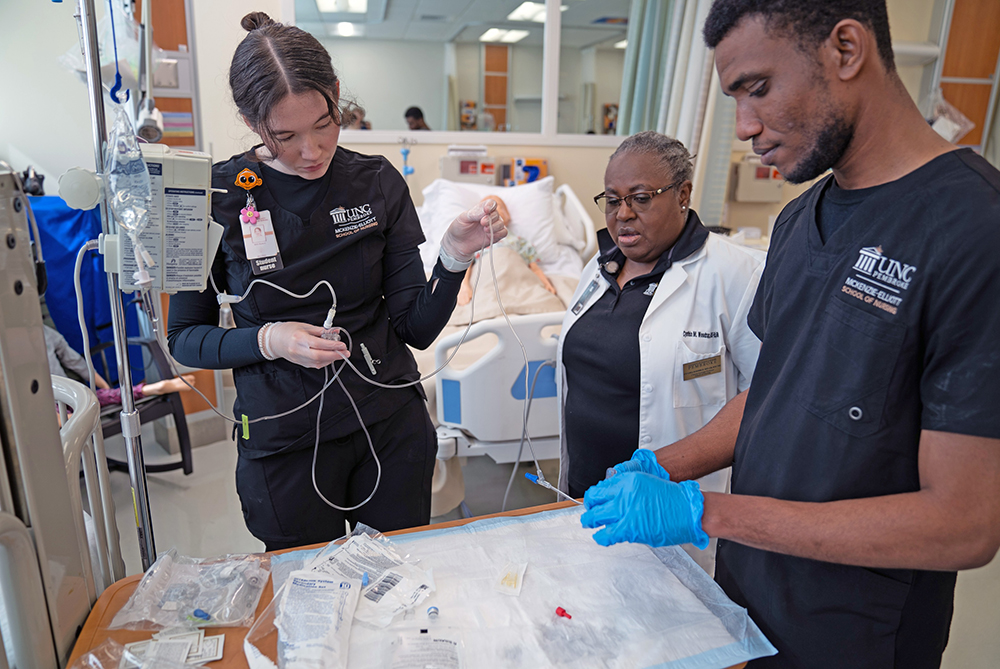
Prelicensure BSN
Our pre-licensure Bachelor of Science in Nursing program is a four-year, in-person pathway that prepares students for initial licensure as registered nurses. The curriculum is delivered in two phases and provides a strong foundation in clinical practice, leadership and patient-centered care. Each fall, a new cohort of approximately 50 students is admitted, ensuring a supportive and focused learning environment.
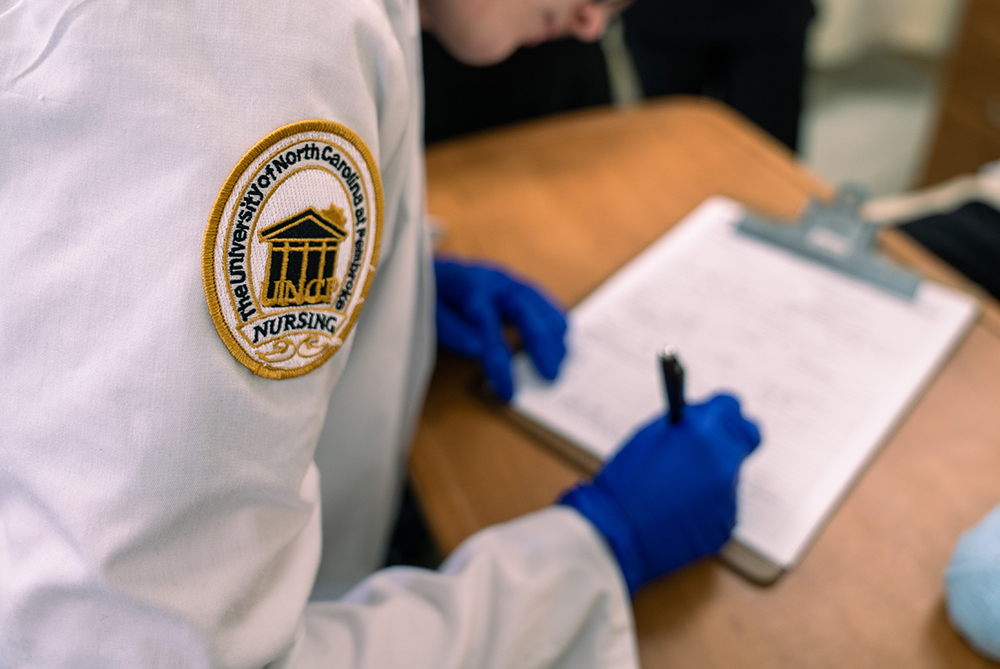
RIBN
The Regionally Increasing Baccalaureate Nurses (RIBN) program is a statewide dual-degree pathway that allows students to earn both an Associate Degree in Nursing (ADN) and a Bachelor of Science in Nursing (BSN). Designed for graduating high school seniors and early college students, RIBN combines the strengths of community college and university nursing education — offering an affordable, seamless route to a four-year nursing degree.
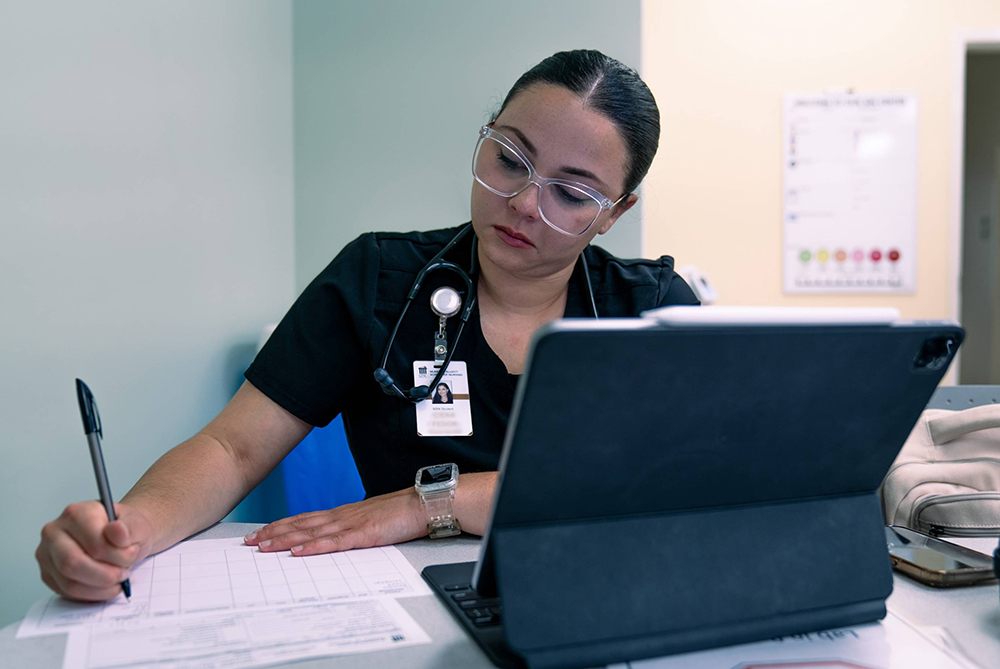
RN-BSN

MSN
Master of Science in Nursing
Our online MSN program is designed for registered nurses with a bachelor's degree who are ready to advance their careers. This 39-credit graduate program offers the flexibility of online coursework combined with hands-on practicum experiences.
You'll build specialized expertise while strengthening your skills in leadership, theory and evidence-based practice — preparing you to make a broader impact in today's evolving healthcare landscape.

DNP
Doctor of Nursing Practice
DNP-prepared nurses are equipped to translate research into real-world practice — reducing healthcare costs, improving outcomes and increasing patient satisfaction. With a specialized focus in population health, this program prepares you to lead initiatives in chronic care management, quality and safety, public health and health policy, making a measurable difference at the systems level.
*The Doctor of Nursing Practice program at UNCP is pursuing initial accreditation by the Commission on Collegiate Nursing Education, 655 K Street NW, Suite 750, Washington, DC 20001, 202-887-6791. Applying for accreditation does not guarantee that accreditation will be granted.
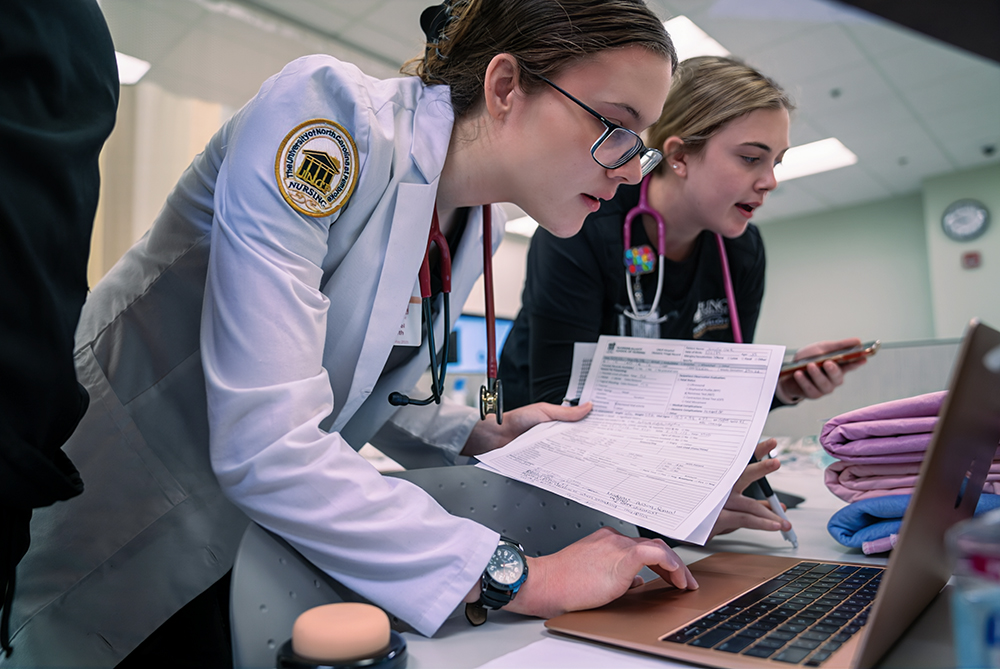
RN-MSN Pathway
Master of Science in Nursing

Cutting-Edge Simulations
For Real-World Care
Outreach & Experiential Learning
UNCP's commitment to rural public health extends well beyond campus with its Mobile Health Unit , also known as the “Clinic on Wheels.” Featured on PBS, the mobile unit travels to remote and underserved communities across southeastern North Carolina — including areas with high American Indian populations — to offer primary care screenings, vaccinations, health education and disease prevention services.
Accreditation
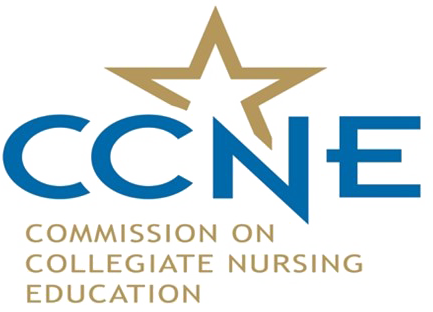
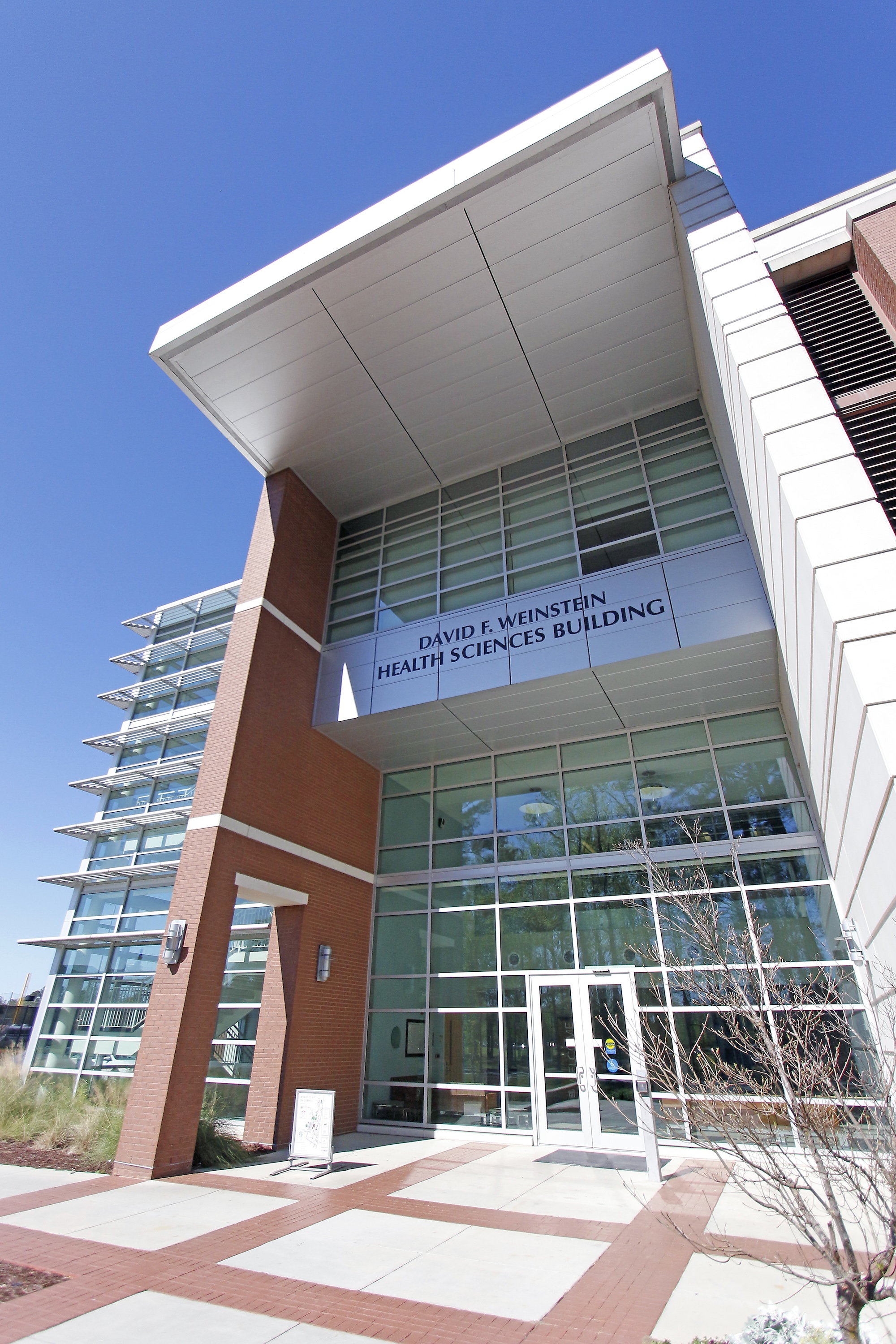
Department Chair

Jennifer Jones Locklear
Chair and Associate Professor of Nursing and Pre-Licensure Director
jennifer.jones-locklear@uncp.edu910.521.6747

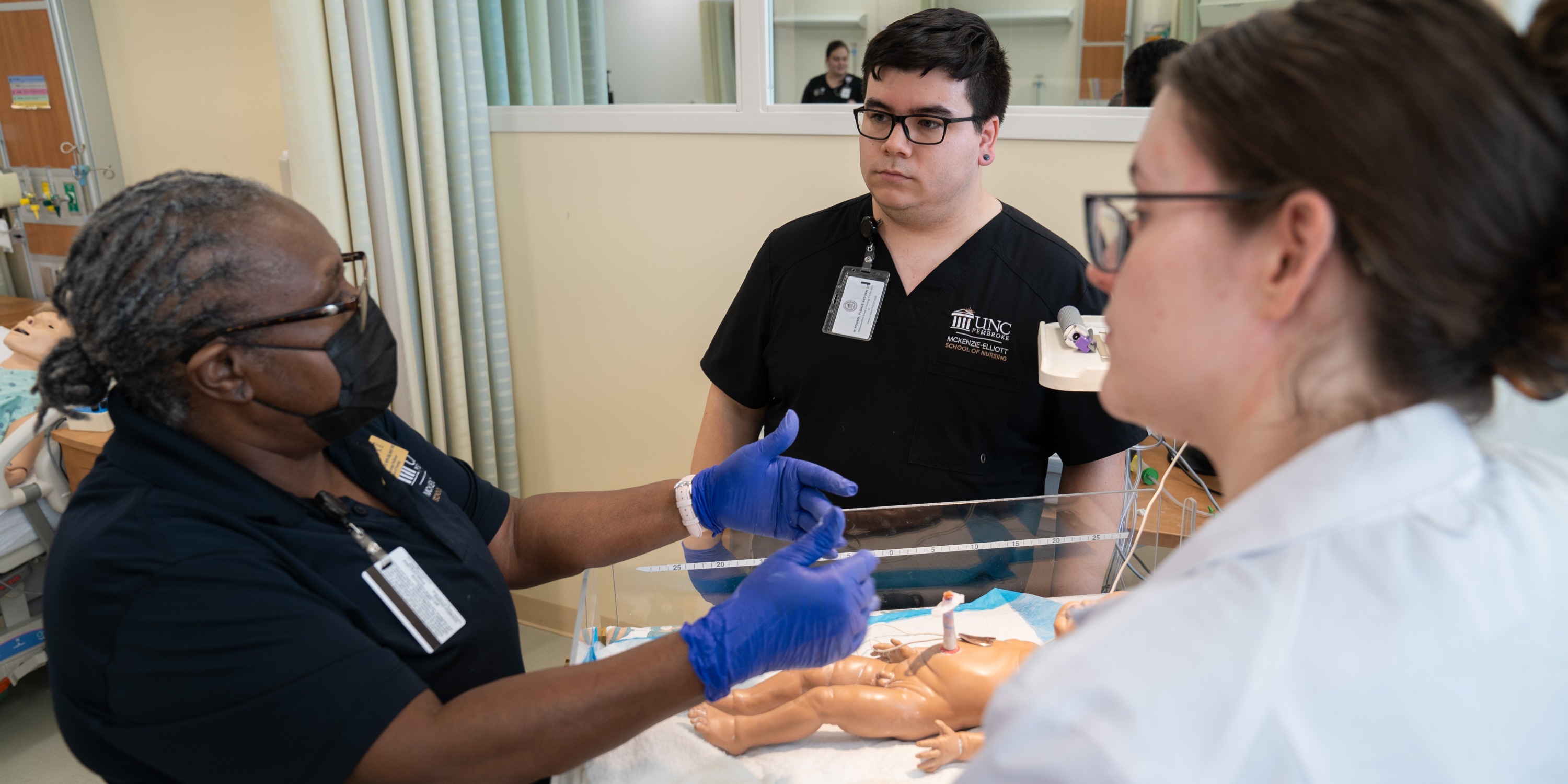
Connect With Us
Weinstein Health Sciences Building, Room 340A
PO Box 1510
Pembroke, NC 28372
Phone: 910.775.4447
Fax: 910.521.6178
nursing@uncp.edu
Nursing in the News
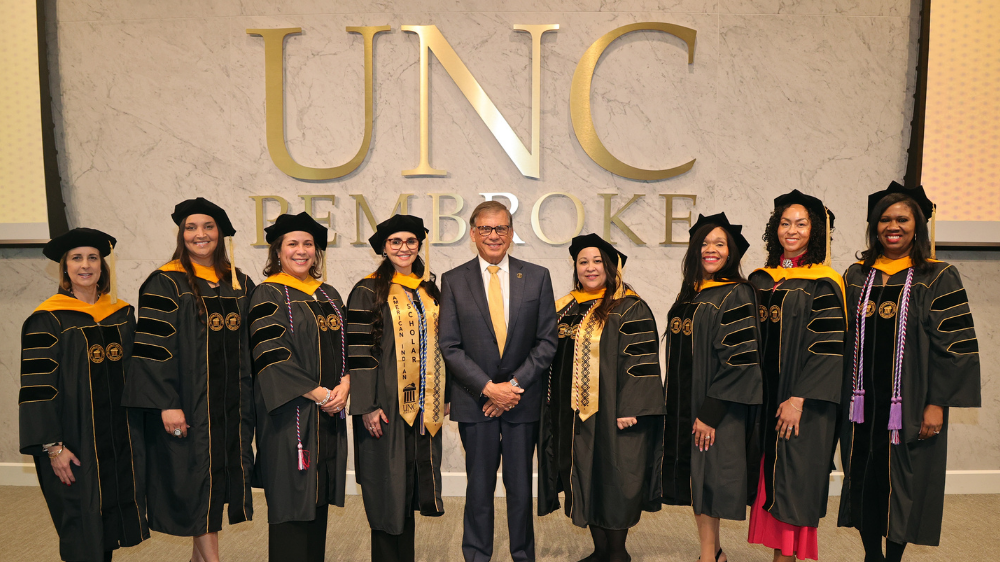
UNCP Awards First Doctoral Degrees, Marking a New Chapter in University History
As the lights rise inside Givens Performing Arts Center tonight, eight nurse leaders will step onto the stage and into the history books. Their doctoral hoods, symbols of perseverance, scholarship and service, mark a moment 138 years in the making for the University of North Carolina Pembroke.
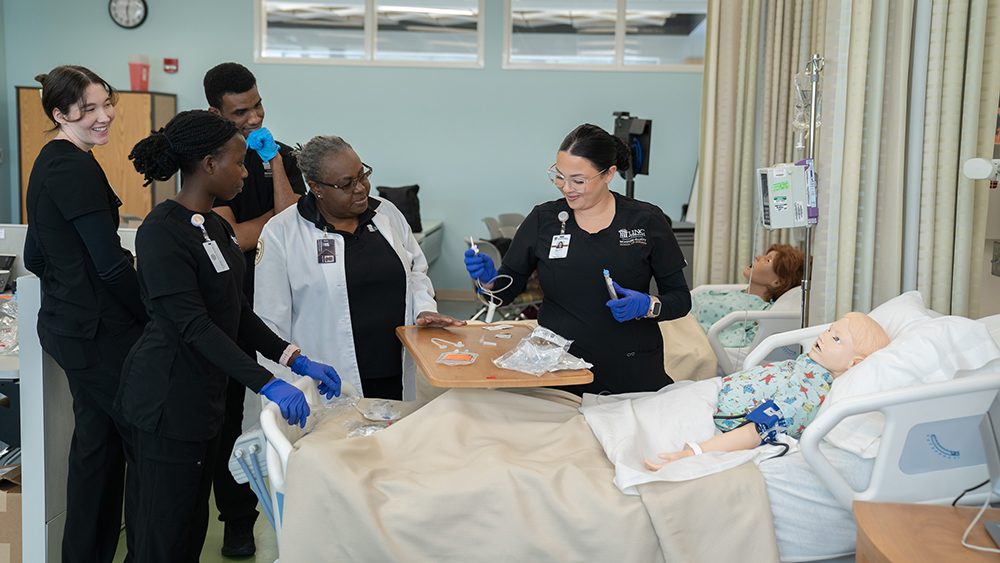
McKenzie-Elliott School of Nursing Receives 10-Year CCNE Accreditation
The McKenzie-Elliott School of Nursing at UNC Pembroke has been granted a full 10-year accreditation for its Bachelor of Science in Nursing (BSN) program by the Commission on Collegiate Nursing Education (CCNE), which will extend through June 30, 2035.
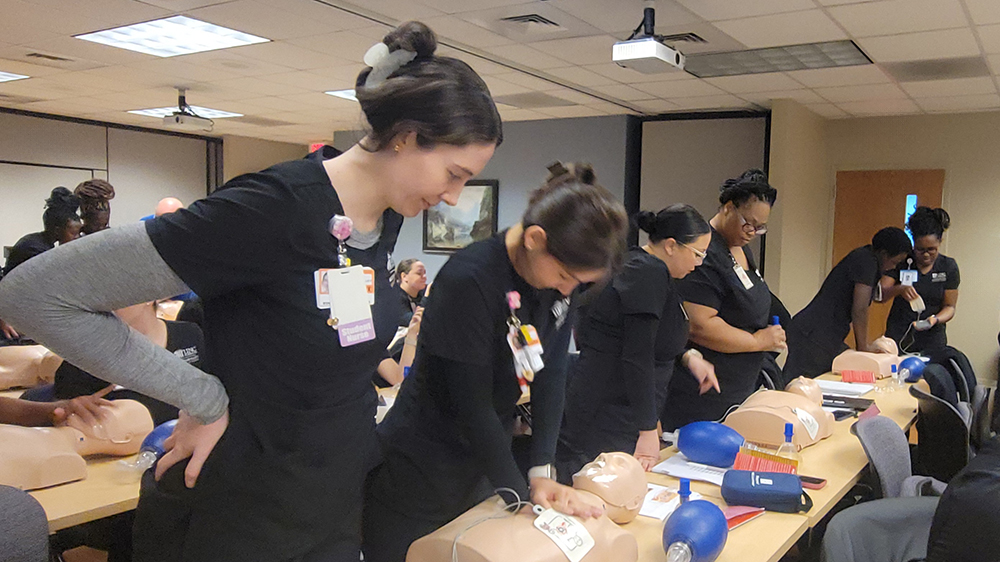
UNCP, Scotland Health Care Partnership Enables Nursing Students To Gain Critical Life-Saving Skills
A new partnership between the McKenzie-Elliott School of Nursing at UNC Pembroke and Scotland Health Care System is providing nursing students with more than just classroom knowledge — it’s providing life-saving skills and a competitive edge through Advanced Cardiovascular Life Support (ACLS) certification training.
Important Notice: Admission to UNCP does not guarantee acceptance into the BSN nursing program. All prospective BSN nursing students must submit a supplemental application and meet program-specific admission requirements.
